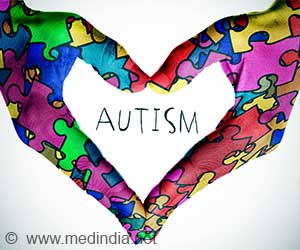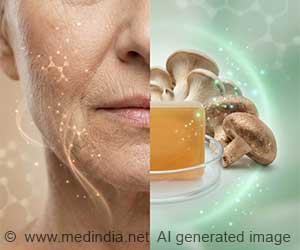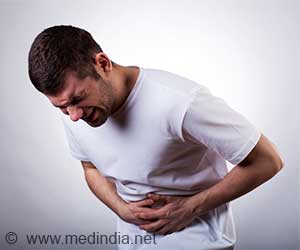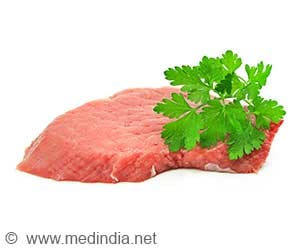Let food be your medicine: Eating a healthy diet rich in n-3 polyunsaturated fatty acids (PUFAs) can keep breast cancer at bay.
- High intake of n−3 polyunsaturated fatty acids (PUFAs) can lower the chance of getting breast cancer in premenopausal women
- Foods rich in n−3 PUFAs such as fish, vegetable oil, nuts (especially walnuts), flax seeds and leafy vegetables could be a natural weapon to fight against breast cancer
TOP INSIGHT
Let food be your medicine: Eating a healthy diet rich in n-3 polyunsaturated fatty acids (PUFAs) can keep breast cancer at bay.
Read More..
Can Diet Reduce Breast Cancer Risk?
Breast cancer is by far the most common malignant tumor in women worldwide, so it’s little wonder that so many studies focus on ways to limit the risk of this highly prevalent disease. Previous studies have been conducted to investigate the association of n-3 PUFAs with breast cancer risk but have shown mixed results. Many of these studies were performed only in postmenopausal women because the peak age for breast cancer is 60 to 70 years in western countries, whereas it is age 40 to 50 years in Asian countries.In this latest hospital-based, case-control study including nearly 1,600 cases, researchers not only examined the association between the intake of n-3 PUFAs in general with breast cancer, but they also looked at the effect of individual n-3 PUFAs. Good sources of n-3 PUFAs include fish, vegetable oil, nuts (especially walnuts), flax seeds and flaxseed oil, and leafy vegetables. Because the human body does not produce n-3 fatty acids naturally, these food sources are essential. In addition, researchers also examined whether the association was modified by menopause status, hormone-receptor status, or linoleic acid intake.
The study concluded that a higher intake of marine n-3 PUFAs and total n-3 PUFAs was associated with a lower risk of breast cancer. Dietary a-linolenic acid, eicosapentaenoic acid, docosapentaenoic acid, and docosahexaenoic acid also were inversely associated with breast cancer risk. Such inverse associations were more evident in premenopausal women and women with certain types of breast tumors.
In addition, a decreased risk of breast cancer was significantly associated with increasing n-3 PUFA intake in women who were overweight or obese but not in women of normal weight. There was a significant interaction between linoleic acid and marine n-3 PUFAs.
“This study highlights the effect of lifestyle habits and, specifically, dietary intake of polyunsaturated fatty acids on breast cancer risk. Lifestyle (or diet) is known to contribute to up to one-third of the risk for breast cancer. Women can affect their risk of developing breast cancer by making dietary changes to include fruits and vegetables, fiber, and whole grains and avoiding high-fat animal and dairy products,” says Dr. Chrisandra Shufelt, NAMS president.
Reference:
1. Association of dietary intake of n-3 polyunsaturated fatty acids with breast cancer risk in pre- and postmenopausal Chinese women - (http://dx.doi.org/10.1097/GME.0000000000001990)Source-Eurekalert
 MEDINDIA
MEDINDIA





 Email
Email










